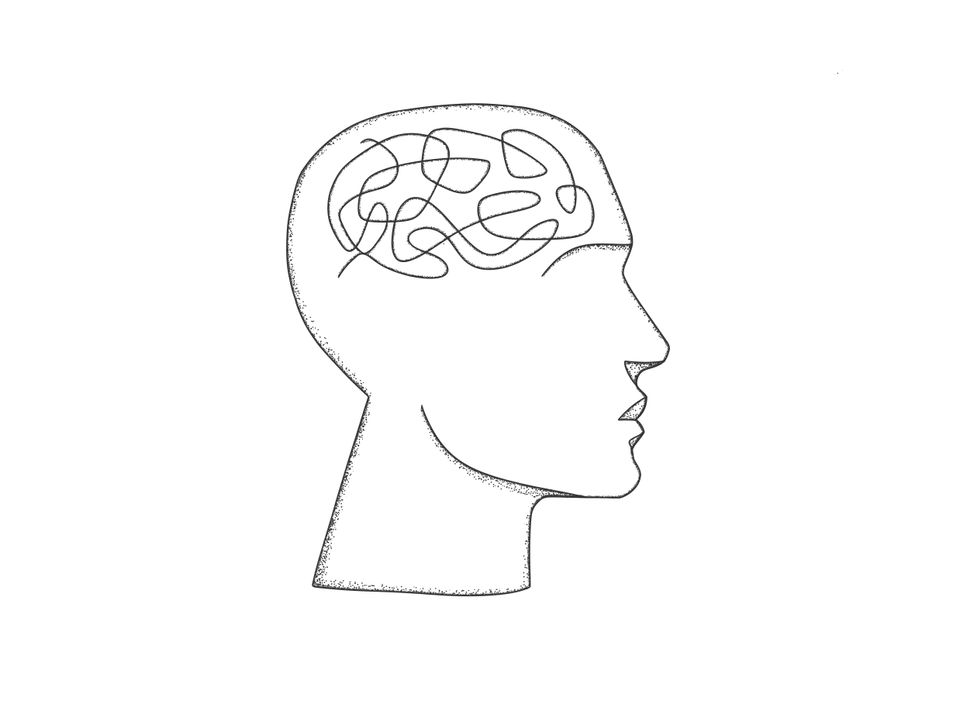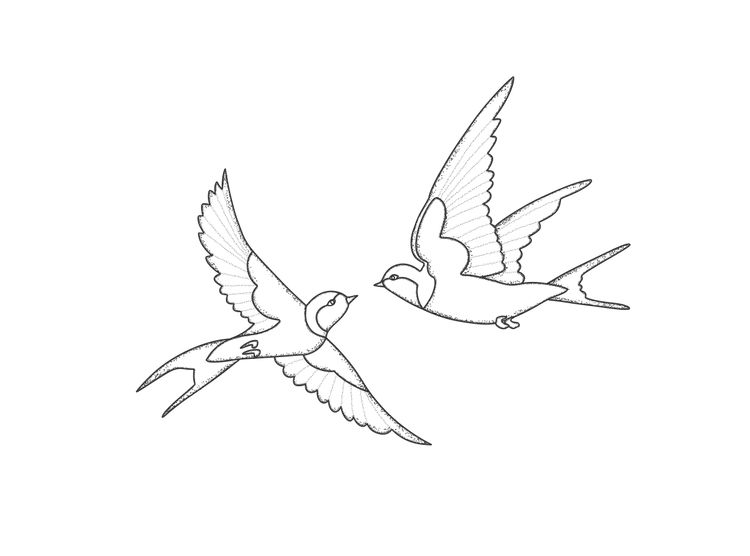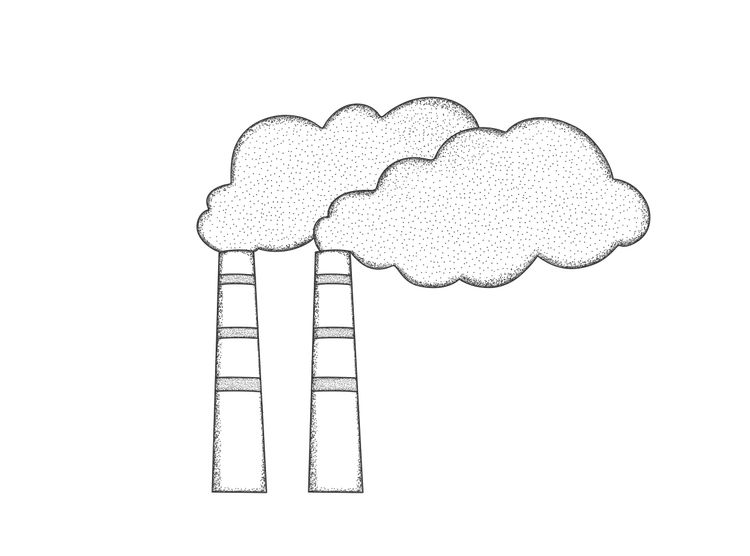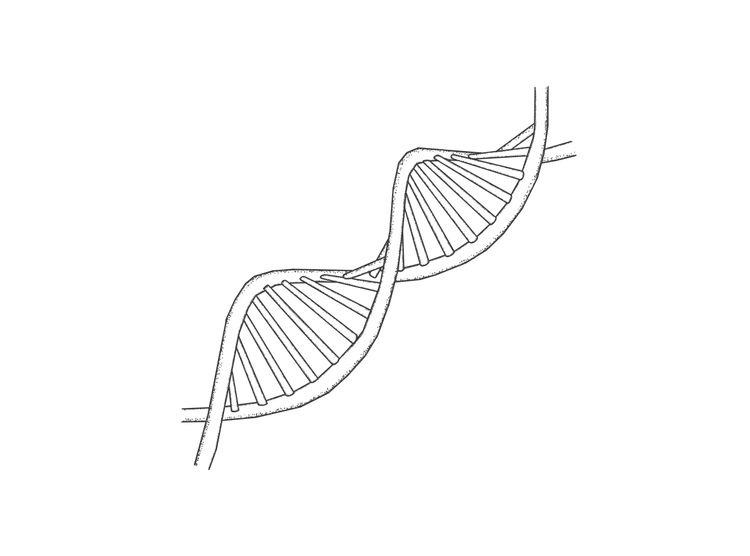Knowing

How do we know what we know about ourselves? How do we know the truth about how we relate to the world—how we react to it, when we make contact, when we withdraw, what we let touch us, what we push away, what we let in, what we armor ourselves against?
We find knowing in the body, in how and when we push, yield, reach, grasp, pull and release. We find it in our senses, in the pressure of the ground underneath our feet, in the sensation of the breath as it enters and leaves us.
We find knowing in how we hold ourselves—open, closed, tensed, relaxed, balanced or unsteady. We find it in our felt sense of the world, the depth of our experience held wordlessly—perfectly—in muscle and bone.
We find knowing in our emotions, in how and when they arise, in how they take form in us and move through the body—the ache in our hearts, the constrictions of fear, the weight of our sadnesses, waves of grief, full-throated rage.
We get lost in our thoughts, which distract, justify, reason, rationalize, narrate or fantasize. When we lose ourselves in our thoughts, we return to what we know—to the physical, emotional, energetical truth about us—and find support from what is real.
Everyone has had his or her own encounter with the forces of death: racism, sexism, justice denied. For me, it was two prolonged, devastating bouts of clinical depression in my forties. I came face to face with the darkness. It was not clear from one day to the next whether I even wished to be alive.
My depression was, I believe, partly due to my schooling, the way I was taught by the educational systems of this country to trust only cognitive rationality and the powers of the intellect — that top inch and a half of the human self. I learned to live out of touch with body, intuition, feeling, emotion, relationship.
Finally, a therapist and spiritual guide said something that helped to save me. He said, “You keep imagining your depression as the hand of an enemy trying to crush you. Why don’t you try imagining it as the hand of a friend trying to press you down to ground on which it is safe to stand?” That image has stayed with me. Too many educated people are riding a hot-air balloon through the world of abstraction, which education falsely presents as the good life. We need to come down to the ground, where it’s not only safe to stand but to fall.
The Grace of Great Things, Parker J Palmer, 1998
As babies, the very first movement we learn is how to yield. We learn how to allow the force of gravity to push us down into the ground. We learn to find safety and support there. We learn how to find sufficient purchase to push ourselves away from the earth again and reach out and grasp the world.
I looked anxiously around me: the present, nothing but the present. Furniture light and solid, rooted in its present, a table, a bed, a closet with a mirror—and me. The true nature of the present revealed itself: it was what exists, and all that was not present did not exist. The past did not exist. Not at all. Not in things, not even in my thoughts. It is true that I had realized a long time ago that mine had escaped me. But until then I had believed that it had simply gone out of my range. For me the past was only a pensioning off: it was another way of existing, a state of vacation and inaction; each event, when it had played its part, put itself politely into a box and became an honorary event: we have so much difficulty imagining nothingness. Now I knew: things are entirely what they appear to be—and behind them... there is nothing.
Nausea, Jean-Paul Sartre, 1938
Sometimes when a client is telling me a story about their lives—a story about how unlovable they are, or how they are not good enough, or how their boss doesn't like them, or how they lack confidence, or ability—I ask them: "what do you know to be true?" They might repeat the story, and I might repeat the question: "do you really know that this is true?"
Sometimes, I invite them to come up with evidence that their story may not be true, or not true all of the time. Sometimes, I invite them to find words for the opposite of their story and speak them: that they are loved, that they are a good mother, or father, that they belong. I ask them what it feels like to speak these words—to experience the truth of these words in their bodies. I repeat their words to them. I ask them to say them again. Sometimes, these simple experiments are enough to create the sense of new possibilities in us, new ways of being.
Our big problem is not misinformation, writes Jonathan Malesic in Psyche, "it is knowingness."
Knowingness, as the philosopher and psychoanalyst Jonathan Lear defines it in Open Minded (1998), is a posture of always ‘already knowing’, of purporting to know the answers even before the question arises. When new facts come to light, the knowing person is unperturbed. You may be shocked, but they knew all along.
In 21st-century culture, knowingness is rampant. You see it in the conspiracy theorist who dismisses contrary evidence as a ‘false flag’ and in the podcaster for whom ‘late capitalism’ explains all social woes. It’s the ideologue who knows the media has a liberal bias – or, alternatively, a corporate one. It’s the above-it-all political centrist, confident that the truth is necessarily found between the extremes of ‘both sides’. It’s the former US president Donald Trump, who claimed, over and over, that ‘everybody knows’ things that were, in fact, unknown, unproven or untrue.
In every case, writes Malesic, the stance of knowing functions as a defense. If you already know, you have nothing to learn, nothing new to discover. Knowingness "is a false claim to knowledge that makes it impossible to learn anything new."
To overcome knowingness, we need "a humbler and more curious stance toward knowledge," says Malesic.
We should...recognise the limits of what we know and be curious about what we don’t. As we learn more about the area of our expertise, we should not simply dismiss anomalies but note that they might point toward a need to revise, even remake, the outlook that has served us so well. Above all, we should give up the belief that we, unique among all who have lived, are always right.
Each week I explore a life metaphor that has touched me in my coaching. Subscribe to get my newsletter every Sunday morning. You can also follow me on Medium, or on LinkedIn. Feel free to forward this to a friend, colleague, or loved one, or anyone you think might benefit from reading it.





